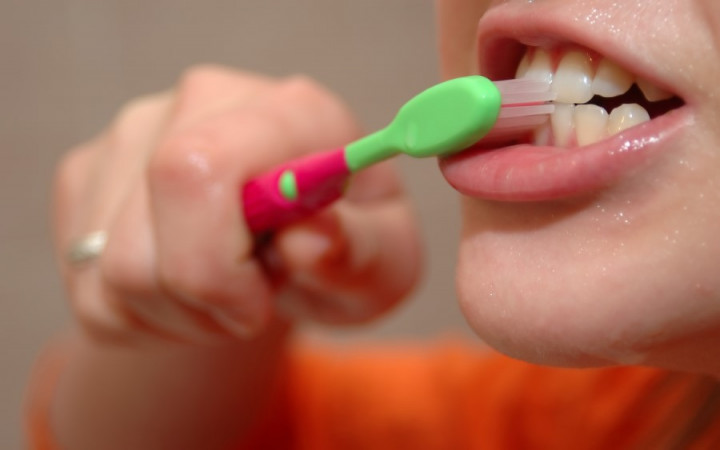Today’s Wonder of the Day was inspired by Katherine from Trussvile, AL. Katherine Wonders, “What makes your teeth whiter?” Thanks for WONDERing with us, Katherine!
If you're like most kids, you probably know all about how important it is to take care of your teeth. Most of our Wonder Friends brush their teeth after every meal, floss, and even get regular check-ups at the dentist.
Did you know, though, that your teeth can still become discolored over time even if you brush and floss like you're supposed to? It's true.
When you eat and drink foods that are colored, those colors can gradually stain your teeth. Dentists will tell you that, if a food can stain a white t-shirt, it can stain your teeth over time. Foods and drinks form a film over the outer layer of your teeth.
Dentists can remove this layer by scraping it off or using chemical treatments. Brushing your teeth can help remove some of it. If you use whitening toothpaste, the abrasive elements will help to remove even more of this layer.
Over time, however, the foreign material that makes up this outer layer on your teeth can sink into the outer enamel layer of your teeth, causing them to be less white than they could be. When this happens, you can't just scrape off that layer any more. Fortunately, these deeper stains aren't really harmful, but most people don't like how they make their teeth look.
Don't worry, though! If this happens to you, like it happens to most people, you can do something about it. All you need to do is get your teeth whitened. Teeth whitening is a cosmetic procedure, not a medical procedure. That means it improves the looks of your teeth, rather than making them healthier.
The process of teeth whitening involves a fairly simple and straightforward chemical reaction. Most tooth whiteners use one of two chemicals — carbamide peroxide or hydrogen peroxide — to bleach your teeth. When applied to your teeth, these bleaching chemicals soak into the tooth enamel and start an oxidation reaction that breaks down the materials that caused the discoloration.
Many people get their teeth whitened by their dentist. You can whiten your teeth at home, too, by using one of the many whitening products available at your local pharmacy or grocery store.
Over-the-counter teeth-whitening products tend to be less expensive than a trip to the dentist. Dentists, however, usually use more powerful chemicals, and you can often see more noticeable results quickly after a trip to the dentist.
If you're WONDERing whether teeth whitening is safe, dental studies have shown that the process is both safe and effective. Side effects are possible, though. Two of the most common side effects are gum irritation and tooth sensitivity. These side effects tend to be mild and can be treated with over-the-counter products.
Once your teeth are whitened, you might be much happier with your smile. Be warned, though. The whitening process doesn't last forever. As soon as you start eating foods that stain your teeth, they will become discolored again over time. Most people experience whiter teeth for at least six months before they notice discoloration again.




